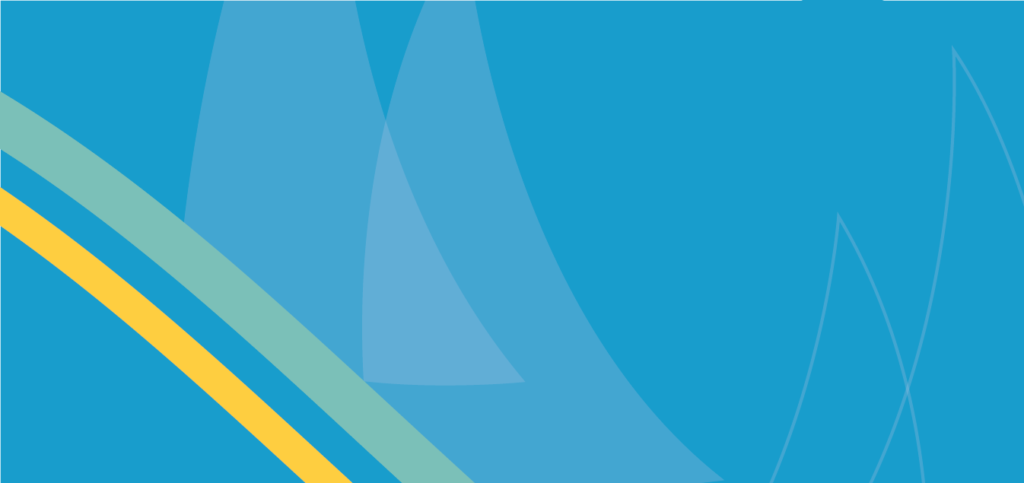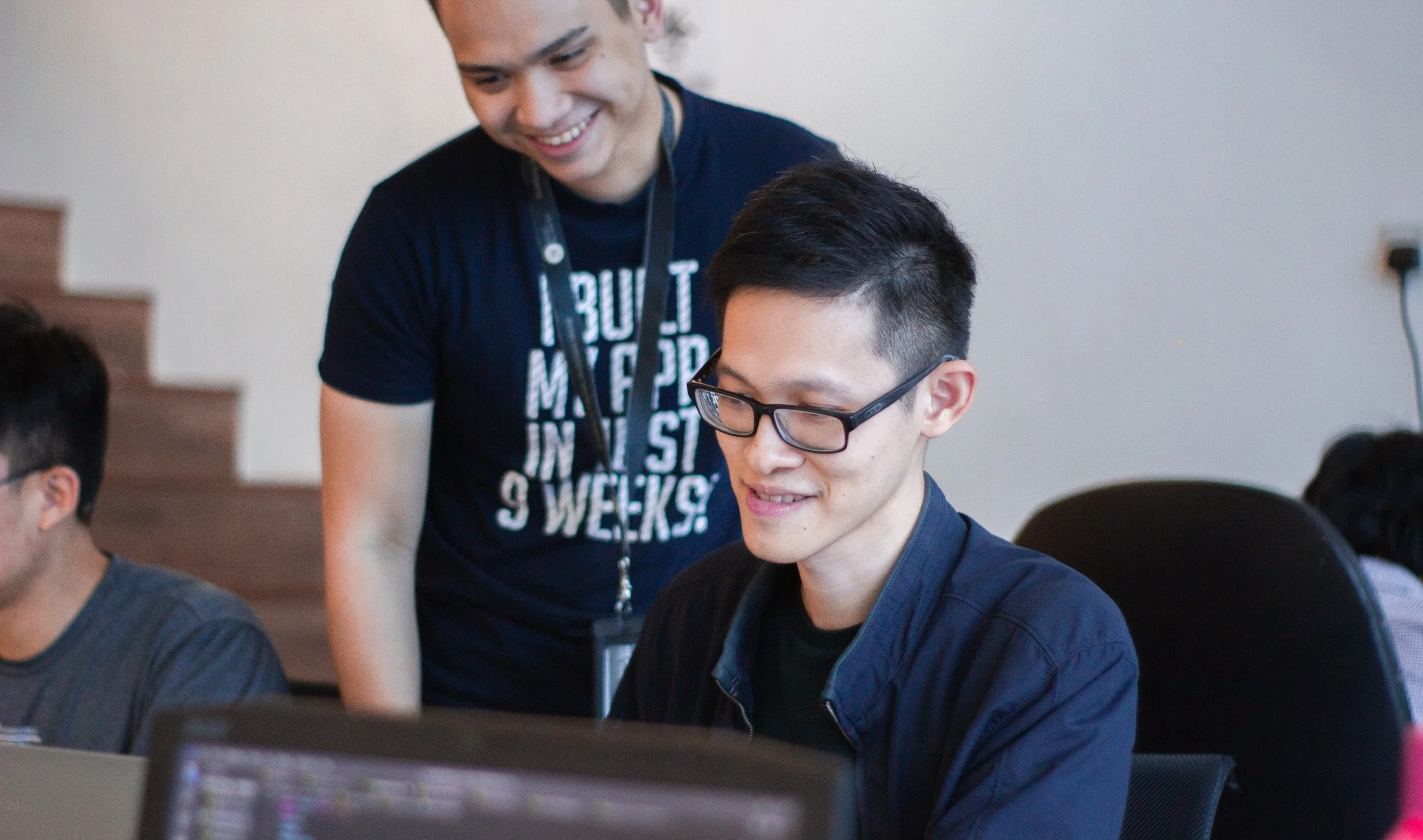
Mentor an Underserved FCPS High School Student
An exciting new IPC Pathways program!
Each young adult and older adult at Immanuel has an opportunity to mentor an underserved, at-risk Fairfax County Public School (FCPS) high school student.
The program is being offered in collaboration with our partner, Undaunted Futures, a Northern Virginia nonprofit.
Interested in learning more?
After reviewing the information below, we’re here for your questions. Also, tell us if you’re interested
Check out these Q &As
This page of questions and answers supplements what’s here.
Tell us you’re interested and ask us questions
Use this link to start a conversation.
What’s Involved
Starting in fall 2022, mentors will meet once a week throughout the school year with their mentees, who are 9th or 10th grade students.
Meetings with mentees are primarily virtual (by video) and can also include in-person meetings and group activities.
Four minute Fairfax County Public schools video on mentoring (video was made before virtual/video mentoring was added)
We’ll invite the mentors to get together from time to time to discuss their experiences and learn with and from each other.
We’ll also offer to form groups of two or more mentors from Immanuel and other Pathways communities for social and learning experiences with their mentees.
Requirements
Who can be a mentor?
Young adults over 21 and older adults are needed.
The program is for those who are members, congregants or otherwise connected to Immanuel and other Pathways communities.
Mentors will need to be able commit to spending at least 30 minutes a week with their mentees, by video — and potentially sometimes in person.
Mentors will need to:
work through an online mentor management platform offered by Undaunted Futures
comply with FCPS requirements
attend an FCPS and Undaunted Futures training program
be subject to a background check, screening and fingerprinting
Why mentor an underserved student?
FCPS needs 2,000 mentors to support underserved students. Especially right now, on the heels of three academic years dominated by isolation and anxiety.
The challenge.
Those to be mentored are “in need”: Of 189,000 students in FCPS, 29% are eligible for free/reduced meals, 29% receive ESOL services, and 15% receive special education services. Too many don’t have an adult regularly in their lives.
A recent CDC study showed a steep decline in teen mental health, but also noted that “[c]omprehensive strategies that improve connections with others at home, in the community, and at school might foster improved mental health.”
You can change a life.
According to Public/Private Venture Studies of Big Brothers/Big Sisters (2018), when compared to their peers, mentored youth are:
· 52% less likely to skip a day of school
· 37% less likely to skip a class
· 55% more likely to enroll in college or career training
· 130% more likely to hold leadership positions
Young people who were at risk for falling off track but had a mentor were, according to data from Mentoring.org (2018):
· 46% less likely to use drugs
· 27% less likely to start drinking alcohol
· 78% more likely to volunteer regularly
· 81% more likely to participate in sports or extracurricular activities



